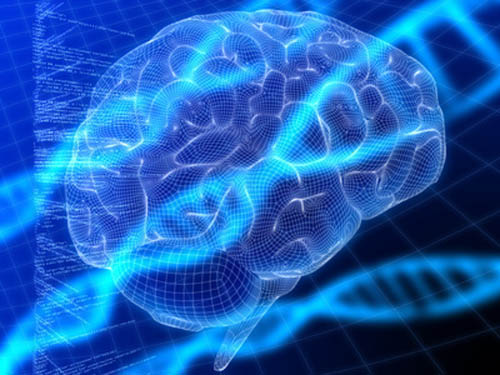Autism spectrum disorder (ASD) and attention deficit hyperactivity disorder (ADHD) are both known to be heritable, but the details of the genes involved remain unclear. Researchers now report the analysis of exome sequences of approximately 8,000 children with ASD and/or ADHD and 5,000 controls. The researchers discovered that the similarities between the two diagnoses can be linked to changes in the same genes. The new study is the largest study to date of rare mutations in the genome of people with ADHD and autism.
The work is published in Nature Neuroscience in a paper entitled, “Autism spectrum disorder and attention deficit hyperactivity disorder have a similar burden of rare protein-truncating variants.”
The researchers from iPSYCH, Denmark’s largest research project in the field of psychiatry, found that individuals with ASD and individuals with ADHD had a similar burden of rare protein-truncating variants in evolutionarily constrained genes, contributing to the biological causes of the two child psychiatric disorders.
“The very fact that mutations are found to the same extent and in the same genes in children with autism and in children with ADHD, points towards the same biological mechanisms being involved,” said Anders Børglum, PhD, who is a professor at Aarhus University and one of the leading researchers behind the study.
In Denmark, approximately one percent of schoolchildren have autism and two to three percent are diagnosed with ADHD. Autism and ADHD are different developmental disorders, but they can have certain common symptoms.
Genetic analysis on individuals with ADHD has not been part of a large study until now. The researchers relied on two Danish national resources: the Danish Neonatal Screening Biobank (DNSB) and the Danish Psychiatric Central Research Register (DPCRR). They used the archived dried blood samples stored in the DNSB to extract DNA of individuals identified with psychiatric diagnoses.
“This is the first time that the genome has been mapped so comprehensively for both ADHD and autism, and the discovery that children with ADHD have the same amount of deleterious gene mutations in their DNA as children with autism is both striking and quite surprising,” said Børglum.
The findings point directly towards which biological causal mechanisms are shared by ADHD and autism. Further, the study identified microtubule-associated protein 1A (MAP1A) as a new exome-wide significant gene conferring risk for childhood psychiatric disorders.
“In the study, the gene that is most frequently affected by mutations in people with ADHD or autism is the so-called MAP1A gene,” noted Børglum. He explained that “the gene is involved in the formation of the physical structure of nerve cells—their inner ‘skeleton’, so to speak—and is important for the development of the brain.”
This is the first time that this gene has been linked to the development of ADHD and autism, and the mutations found by the researchers give a significantly increased risk of developing autism and/or ADHD.
“We discovered an increased burden of mutations that destroy or severely affect the MAP1A gene in those with ADHD and autism, while very few of the control subjects had such changes in the gene,” explained Børglum.
“The study shows that many more genes for ADHD and autism can be identified directly by studying more people in a similar way with extensive DNA sequencing, thereby providing a more complete picture of the biological causal mechanisms and possible approaches to medical treatment,” Børglum added.







